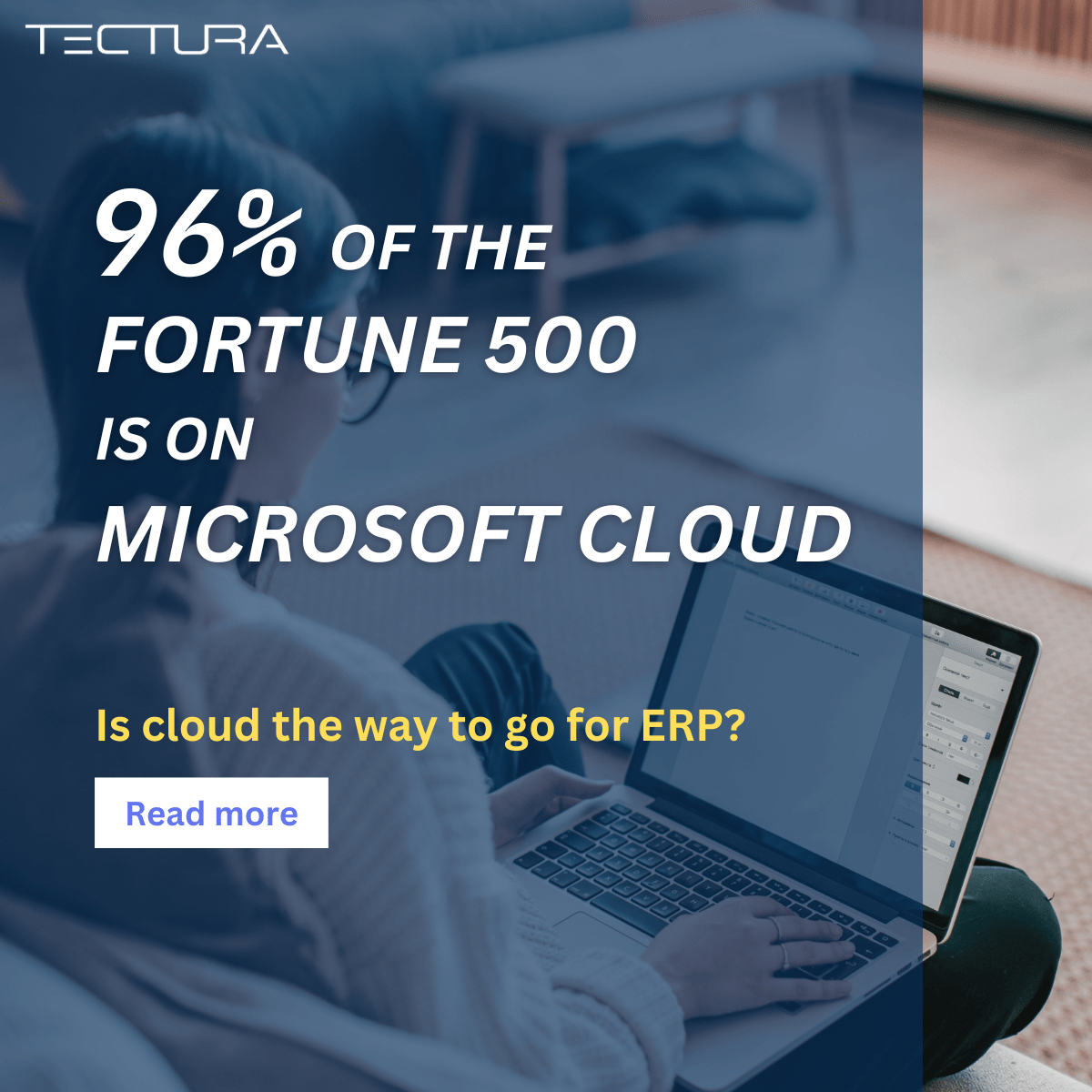In the dynamic realm of business management, choosing the right ERP system is a decision that can shape the flow of your operations.
With the ongoing wave of digital transformation, many are wondering a critical question: Is Cloud ERP the key to unlocking new possibilities?
This post aims to shed light on the essential distinctions between cloud and on-premise ERP, assisting you in making a well-informed decision.
Cloud ERP: Shaping the Future of Business Operations
Embracing Software as a Service (SaaS) ERP solutions brings a level of simplicity that is unparalleled. The core functionality of these systems fulfills 80% of your business needs, serving as the initial step in your digital transformation journey. ERP systems are not mere managers; they act as gateways to modernizing your business, enhancing revenue, boosting competitiveness, and elevating operational efficiency. This involves integrating ERP with smart devices (IoT) and leveraging advanced technologies like AI. It’s a significant shift towards a more digitally-driven approach to business.
Tech Team-Up: ERP and Friends
Cloud ERP doesn’t operate in isolation; it’s designed to seamlessly integrate with other applications such as CRM, automation, office tools, and social media. For instance, the integration of Business Central with Microsoft 365 streamlines numerous manual processes. You can directly handle tasks like quoting, order processing, and invoicing without leaving Outlook. This integration optimizes workflows, enhancing overall productivity.
Personalization: Tailoring ERP to You
The flexibility offered by Cloud ERP is one of its standout features. Unlike the one-size-fits-all approach of traditional ERP, cloud-based systems allow for easy customization. The costs are transparent, letting you choose between basic or advanced versions based on your specific needs. This adaptability empowers businesses to grow without the burden of extensive in-house IT support.
Smart ERP: Insights and Easy Work
Imagine having an intelligent companion within your ERP system. Embedded artificial intelligence (AI) and machine learning capabilities in ERP systems transform this imagination into reality. These features expedite information retrieval and analysis. For instance, they can analyze through vast datasets, identify patterns, and predict future trends, providing invaluable business insights that drive data-driven decision-making.
ERP system on the Go: Work Anywhere, Anytime
In the era where mobile devices are our go-to tools, ERP is no exception. Mobile ERP apps facilitate work on the go, fostering seamless collaboration, especially with the surge in remote work. Whether you’re in a warehouse or a store, these apps empower you to check reports, approve orders, and keep operations flowing. Mobile ERP not only offers real-time data and insights but also provides the freedom to work from anywhere.
In conclusion, the transformative power of Cloud ERP extends beyond simplifying operations; it serves as a catalyst for innovation, efficiency, and growth. The distinctions highlighted between cloud and on-premise ERP underscore the advantages that businesses can harness in this digital era. As the business landscape evolves, embracing Cloud ERP system emerges not only as a strategic choice but a pivotal step towards future-proofing your operations.
Ready to embark on the journey of seamless business operations and digital evolution? Whether you’re considering a shift or an upgrade, the realm of possibilities awaits. Connect with us to delve deeper into how Cloud ERP can tailor-fit solutions for your unique business needs. Empower your business with technology that adapts, evolves, and propels you into the future.
#CloudERP #DigitalTransformation #BusinessInnovation #Tectura


